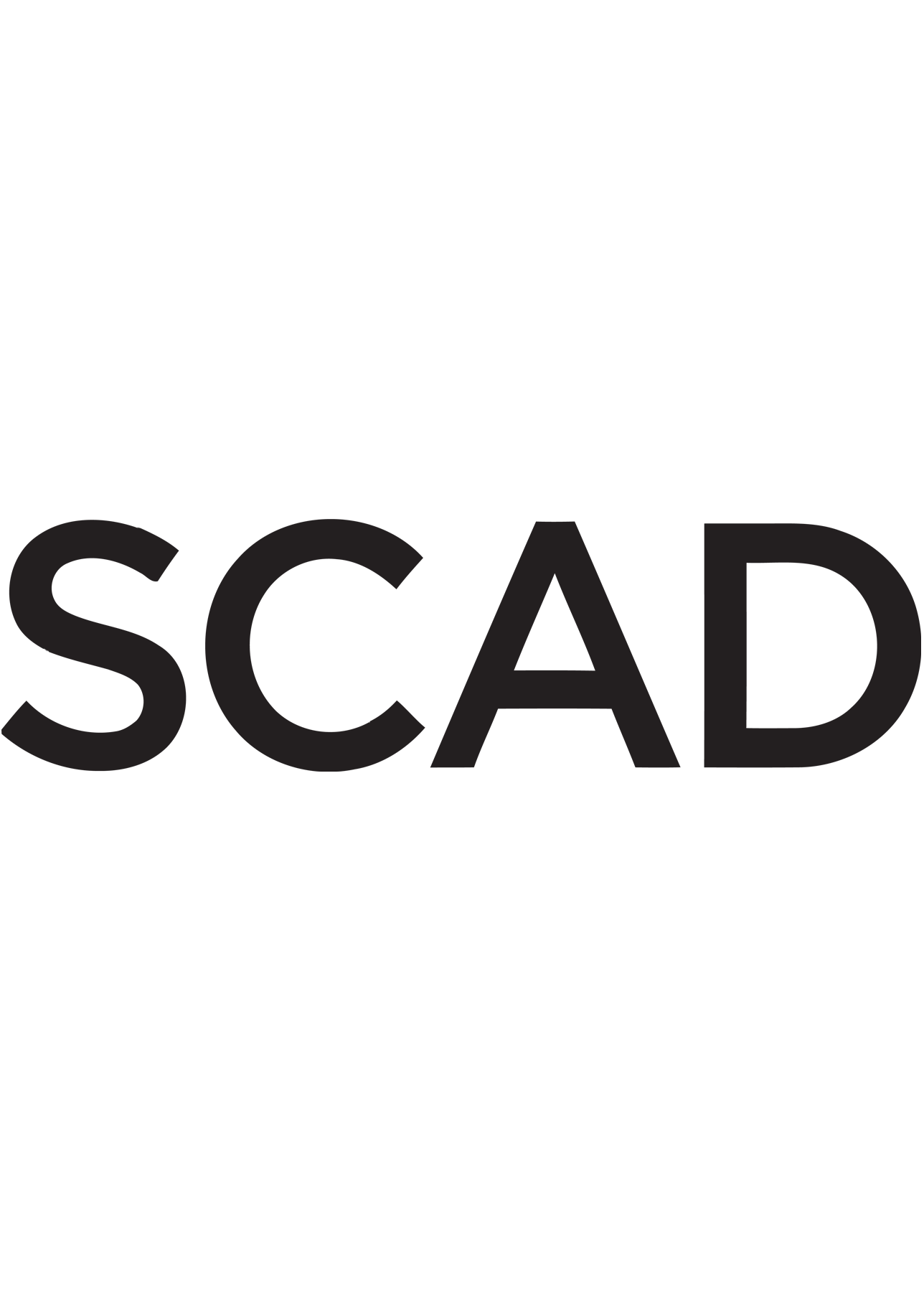Photography is an art form that combines both technical skill and creativity, and most successful photographers have developed a perception and understanding of just when to capture a single moment on camera. Earning potential in this field averages $40,760 annually, with the number of jobs projected to grow at a rate of 4% through 2032.
Most students pursuing a bachelor’s degree in photography will need to complete at least 120 credit hours. The average tuition for an undergraduate degree at public schools is $7,998 per year, while private schools cost around $34,923 per year.
Those pursuing master’s degrees can expect to complete 30-60 credit hours. The average tuition for a graduate degree is $12,596 at public schools and $28,017 at private schools.
Why Trust Us
The Intelligent.com Higher Education Team is dedicated to providing students with independent, equitable school and program rankings and well-researched resources. Our expert-driven articles cover topics related to online colleges and programs, paying for school, and career outlooks. We use data from the U.S. Department of Education’s College Scorecard, the National Center for Education Statistics, and other reputable educational and professional organizations. Our academic advisory team reviews content and verifies accuracy throughout the year for the most current information. Partnerships do not influence rankings or editorial decisions.
- Analyzed over 2,000 national, accredited, and nonprofit colleges and universities
- 800+ rankings pages are reviewed and updated yearly
- Content is informed by reputable sources, surveys, and interviews with academic advisors and other experts
- Over 100 data points are reviewed for accuracy and quality throughout the year, including sources
How we rank schools
Our list features the best online Photography degree programs at top colleges nationwide. Each school featured is a nonprofit, accredited institution — either public or private — with a high standard of academic quality for post-secondary institutions.
We evaluated each school’s program on tuition costs, admission, retention and graduation rates, faculty, reputation, and the student resources provided for online students. We collected data from trusted sources like the National Center for Education Statistics, individual school and program websites, school admissions counselors, and other data sources. Then, we calculated the Intelligent Score on a scale of 0 to 100 based on the following criterion:
Academic Quality:
- Admission rate versus enrollment rate
- Retention rate of students who return after year one
- Accreditation status (regional and programmatic)
- Nonprofit status, both private and public institutions
Graduation Rate
- Overall graduation rate
- Total number of currently enrolled students, including diversity metrics
- Student-to-faculty ratio
Cost and ROI
- In-state and out-of-state per-credit tuition rates and fees
- Required credits to graduate
- Earning potential after graduation
- Availability of federal student loans, scholarships, and other financial aid options
Student Resources
- Available student services for online-only and hybrid programs
- On-campus amenities like tutoring centers and the number of libraries
Read more about our ranking methodology.
Best 3 Accredited Online Photography Programs
FiltersInstitution Type
Status
- Intelligent Score
- Alphabetically By University Name
- Acceptance Rate
- Enrollment
- In-state Graduate Tuition
- Out-of-state Graduate Tuition
- In-state Undergraduate Tuition
- Out-of-state Undergraduate Tuition

Savannah College of Art and Design
Intelligent Score: 99.37In-state: $37,575
Out-of-state: $37,575
In-state: $38,475
Out-of-state: $38,475
SAT: N/A
ACT: N/A
$914
Online, On-Campus
Southern Association of Colleges and Schools Commission on Colleges
120

Arizona State University
Intelligent Score: 96.86In-state: $10,710
Out-of-state: $28,800
In-state: $11,720
Out-of-state: $11,720
SAT: 1100-1320
ACT: 21-28
$624
Online
Higher Learning Commission
120

Southern New Hampshire University
Intelligent Score: 94.02In-state: $9,600
Out-of-state: $9,600
In-state: $18,810
Out-of-state: $18,810
SAT: N/A
ACT: N/A
$330
Online
New England Commission of Higher Education
120
How to Choose an Online Photography Program
Choose your area of study
At the bachelor’s level, an online degree in photography is typically offered as a Bachelor of Arts or Bachelor of Fine Arts. For a graduate degree, you can earn a Master of Arts or Master of Fine Arts.
Many online photography programs will allow you to select a concentration and focus your studies on a particular niche in this field, such as fine arts, photojournalism, forensics, special events, studio work, portraiture, landscape photography, or digital photography.
If you already know what you would like to do after you graduate, look for online degree programs that closely match these career goals.
Research schools and programs
You should only apply to institutions that have been approved by a DOE-recognized regional accrediting organization, such as the New England Commission of Higher Education or Northwest Commission on Colleges and Universities. These organizations evaluate schools to ensure they provide students with a high-quality education. Those who attend a school that isn’t regionally accredited may be unable to access financial aid or transfer credits to another institution if needed.
Ideally, your online photography program will also be accredited by a respected industry group like the National Association of Schools of Art and Design. This programmatic accrediting organization has particularly high standards for arts-related education.
To learn more about any online photography schools that you’re interested in, you can visit the school’s website, contact an admissions counselor, follow the school on social media, or attend an in-person or virtual open house.
Prepare for tests and applications
Most online bachelor degree programs will request high school transcripts or a GED for admission. Some competitive schools may ask for letters of recommendation, standardized test scores, and a personal statement, but these requirements are different for every online photography school.
An online master’s degree program often requires a bachelor’s degree and a minimum grade point average (GPA). Some schools might also ask for a letter of intent and recommendations from teachers or colleagues. Students who have a professional portfolio may have an edge over their competition, as admissions teams can see the students’ interests and aptitudes reflected in their work – not to mention their conscientiousness and organization skills.
Always contact an admissions counselor to ensure you have the most accurate information regarding program requirements and deadlines.
Select your program
Before making your final decision, review your needs and goals again. Do you plan to attend school full-time or part-time? Do you want your program to be as online as possible, or are you fine with a hybrid program that has a fair amount of in-person requirements? Some programs offer asynchronous courses, which can be completed at your own pace, while others only offer synchronous courses, which involve remotely attending lectures and completing assignments at the same time as other students — which of these two online learning formats do you prefer? Your school should accommodate your scheduling needs and learning preferences.
Determine how you’ll pay for your degree
While the per-credit cost of your online degree program can be found online or in your school’s course catalog, it’s always best to contact a financial aid advisor. An advisor can assist you with payment options and offer information about grants, scholarships, and other tuition assistance programs that may be available.
Many students begin planning for the cost of their education by filling out the Free Application for Federal Student Aid (FAFSA). This will determine your eligibility for federal loans and tuition assistance, such as work-study programs.
Those who already work in the field should see if their employer offers tuition assistance benefits as well.
What Can You Expect from an Online Photography Program?
For an undergraduate degree program, you’ll need to complete approximately 120 credit hours, on average. For full-time students, this online program should take about four years to finish.
Students entering a master’s degree program will be expected to complete a minimum of 30 credit hours, with some schools requiring up to 60. This should take full-time students approximately two to three years to complete.
Photography students will spend much of their time learning how to use cameras and film to create art that communicates information, evokes emotion, or expresses ideas. Students will also learn the tools and techniques of digital photography, including lighting, composition, and color. Similarly, advanced computer and technical skills are necessary for today’s digital photography careers.
To earn their degree remotely, students will take online courses via a learning management system (LMS) such as Moodle, Canvas, D2L Brightspace, or Blackboard. Some online photography schools have developed their own LMS. While each LMS has unique features, students can usually log in to a student portal to view the course syllabus, class schedules, audio-video material, reading material, course assignments, grades, and more. Students also have access, via the LMS, to chatrooms and message boards where they can view announcements and communicate with fellow students and instructors.
Potential courses you’ll take in an online photography degree program
Digital Photography
In a digital photography or digital imaging course, students will learn about advanced concepts in the use of computer software to manipulate and control photographic images.
Portraiture
Students learn advanced concepts in portraiture, with a focus on environment, location, and unique presentation. This course is often offered with an associated laboratory course.
Video for Photographers
Students learn the foundations of professional video production. Video editing, audio recording, delivery, color grading, and the process of capturing digital video are covered.
Portfolio Development
Students develop their portfolios while learning concepts such as professional self-presentation, photographic organization, and resume creation. Students also attend seminars in their areas of photographic interest.
Photographic Studio Management
Students explore photography business management with an in-depth study of photographic equipment analysis, market analysis, and business concepts such as promotion, networking, and job acquisition.
Illustrative Photography
Students focus on commercial photography, learning the technical aspects of lighting equipment, illustrative techniques, production photography, advertising, and reproduction principles.
What Can I Do With an Online Photography Degree?
Career outlook
An online photography degree provides students with many skills they can apply in various career paths, such as graphic design, technical skills, digital marketing, and entrepreneurship.
As many industries use photography, graduates are hired in a wide range of careers. The most common sectors they enter include marketing, e-commerce, media, and fashion.
With a bachelor’s degree in photography, graduates qualify for most entry-level and mid-level positions. Those who wish to pursue leadership or advanced positions in the field can pursue a master’s degree in photography and obtain additional certifications.
Some of the most common photography career paths include:
- Photographer — Use photographic techniques to capture high-quality photographs, market and advertise services, and enhance photos using photo-editing software.
- Median annual salary: $40,760
- Projected employment growth (through 2032): 4%
- New jobs projected: 13,900 per year
- Art director — Determine how to represent a visual concept in magazines, packaging, productions, or other projects, and work with others to bring their vision to life.
- Median annual salary: $106,500
- Projected employment growth (through 2032): 6%
- New jobs projected: 13,800 per year
- Graphic designer — Combine art and technology to design advertisements, brochures, magazines, and reports.
- Median annual salary: $58,910
- Projected employment growth (through 2032): 3%
- New jobs projected: 22,800 per year
Online Photography Degree Frequently Asked Questions
How do I apply to an online photography degree program?
Admissions counselors can provide individualized advice on what you’ll need to meet your online degree program’s requirements. Typical graduate admissions will require the following documents:
- Official transcripts. These inform the admissions team of your grade point average, the amount of coursework you’ve completed, and the academic rigor of your courses.
- Letters of recommendation. These should come from teachers or colleagues who can attest to your scholarship abilities.
- Standardized test scores. Your school may not require standardized test scores, such as the SAT for undergraduates or the GRE for graduate students, but some scholarships and fellowships may ask for them.
- Resume or curriculum vitae. Be sure to include any professional memberships, volunteer experience, educational research, or publications.
Other materials you may need in the application process include an entrance essay or personal statement, along with your application and any fees.
How much does an online photography degree cost?
According to U.S. News & World Report, the average cost of an online bachelor’s degree is between $40,926 and $63,405. EducationData.org reports the average cost of a master’s degree is $59,684. Private schools are usually more expensive than public schools, though public schools tend to charge out-of-state students a much higher tuition rate than in-state students. Check with your financial aid office for any fee waivers or tuition assistance that may be available to you to help with your educational costs.
How long does it take to earn an online photography degree?
Most online bachelor’s degrees in photography require 120 credits to graduate. This will take full-time students about four years to complete. For master’s degree programs, students are required to complete between 30-60 credits or roughly 10-30 classes. Full-time students can finish their master’s degrees in two to three years, but many students opt for part-time attendance while they maintain professional work.
If you are interested in speeding up your graduation timeframe, some colleges offer dual-degree or accelerated programs that condense classes into shorter terms or semesters. Check with your admissions counselor to see what options might be available to you.
Is an online photography degree worth it?
Individuals who complete a college degree have higher earning potential, increased marketability, and access to experienced mentors in their field. Workers with a bachelor’s degree earn an average income of $1,493 per week, while those with only a high school diploma make $899 per week.
While a bachelor’s degree is one of the best ways to prepare for a career in this field, students can also complete certification programs or earn an associate degree in photography. These programs offer a more efficient way for students to develop their skills and begin their careers in the arts.
Compare School Options
Related Degrees
- Graphic Design
- Film
- Art and Art History
- Music
- Photography
- Game Design
- Fashion
- Interior Design
